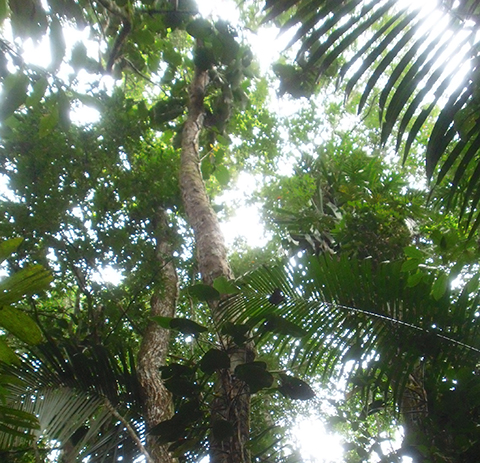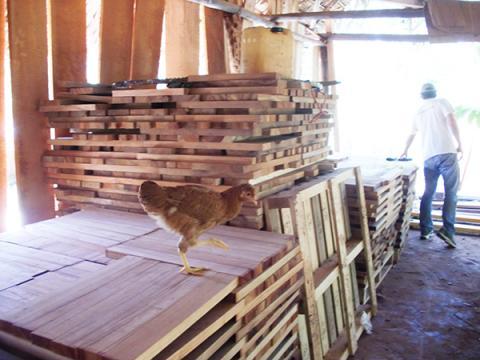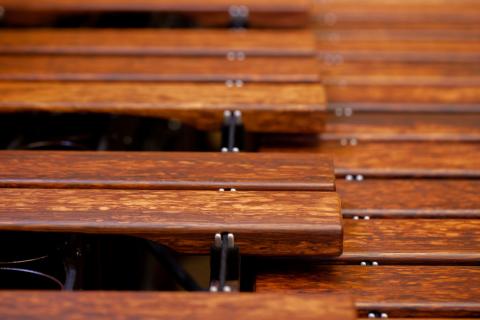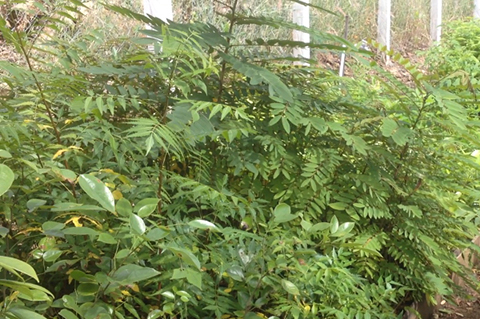
Twin Rosewood Trees

Ron at the mill in Central America

Newly sprouted Rosewood trees

The rarest of Rosewood (Bubble Wood)
 Rosewood nursery ready for planting in the forest
Rosewood nursery ready for planting in the forest
The Magical Wood
At the heart of a Marimba One marimba is the Honduras rosewood keyboard. The richly colored and faintly aromatic wood is known for its beauty, durability, and sound quality.
Honduras rosewood grows in Southern Mexico, Belize, and Guatemala. But illegal poaching and overharvesting drives it closer to extinction each day. Demand from the hardwood-furniture industry makes rosewood the world’s most illegally trafficked wild product. Instrument makers often buy rosewood from dealers who compete for the wood, which encourages poaching.
Protecting the wood
In 2008, Ron Samuels realized that he would have to take drastic action if he wanted to ensure that enough high-quality rosewood would be available to continue making his world-class marimbas.
“I knew it was time to take a road uncharted,” Samuels said. After countless trips to Central America, following multiple leads, he developed a relationship with a Mayan community on the outskirts of a jungle rich with rosewood.
Samuels worked closely with a family in the Mayan village to cut rosewood into small enough pieces for marimbas. He provided a band-saw mill with over 100 blades. It took several more trips to the village, but he got the mill up and running.
Now, Marimba One has enough rosewood to make marimbas for many more years. Samuels and his master tuners travel to Central America each time a new cutting of rosewood is completed. They personally examine each piece of rosewood for sound quality and grain configuration before it comes back to the United States. For more than 30 years, Ron and his team have inspected each piece of rosewood purchased by Marimba One.
Documenting the source
Rosewood grows in Central and South America, Africa, and Asia, and is endangered in all of these places. Products made with rosewood are now protected under the Convention on International Trade in Endangered Species of Wild Fauna and Flora (CITES) appendix II, as of January 2017.
Any purchase of rosewood must have documentation that proves that the wood has been legally procured from forest to factory. All of Marimba One’s rosewood is CITES-certified and can be shipped legally anywhere in the world.
Sustainable harvesting
Sustainable practices help protect the environment where rosewood thrives. At one of the Marimba One's mills, trees are selectively cut on a 30-year-rotation cycle. Only trees that are 12 inches in diameter or larger are cut. So, in 35 years, Marimba One will be able to use the trees that are growing now.
At another of our mills, each rosewood tree that is cut is replaced by planting 14 young trees. With these practices, the rosewood population is able to regenerate.
Honduras rosewood is the most resonant wood on the planet.
“When you hold a piece of Honduras rosewood in your hand, you can really feel its power,” Samuels said. “Working with such amazing wood is a big responsibility. You never want to rush the tuning of a piece of rosewood. It is the tuner’s responsibility to individually understand each piece of rosewood and unlock its musical voice.”
